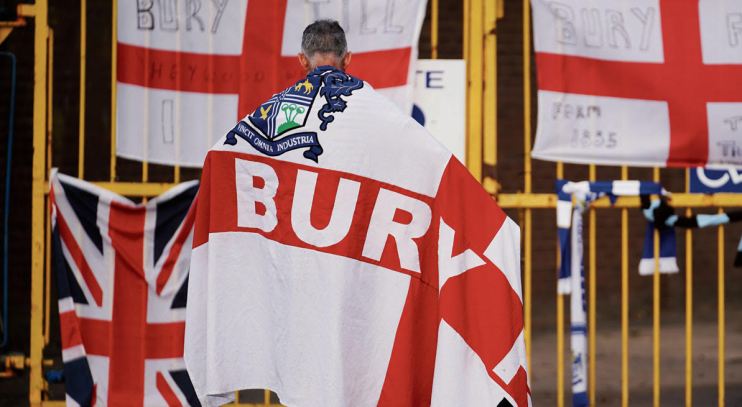The time has come for a football regulator with teeth

The point of free-market capitalism, which this paper subscribes to with whole-hearted support, is not that the animal forces of supply and demand should be left perfectly unchecked. For that reason, we set a level playing field – from the Financial Conduct Authority to the Competition and Markets Authority, we put safeguards in place to ensure that markets cannot become skewed. That means keeping an eye on the finances, rooting out bad apple individuals where they are found, and preventing monopolies growing too strong.
The other side of the watchful-eye coin is corporate governance which, when it works properly, should ensure that companies never end up in front of the regulators for having done anything too badly wrong.
None of this prevents risk-taking, fair competition for customers and market share, innovation or creativity. What it ensures is that capitalism works for the many, not the few, to borrow a phrase from a not so dearly missed former Labour leader.
So it is with that in mind that we cannot quibble with the idea of an independent financial regulator for football clubs. These are now big businesses; the attempt to launch a European Super League was only surprising to those who hadn’t been paying attention. Clubs like Liverpool and Arsenal are now international brands with a football team attached rather than the other way round.
Lower down the pyramid, there have been far too many clubs who have seen individual owners fail in their roles as stewards of what are cultural institutions. There was rightful opprobrium at the potential loss of arts venues during Covid-19. Football clubs are just as important to the people that care about them.
Seeing them run badly, even to the point of their liquidation, doesn’t just hit towns – it poisons the well against capitalism as a whole. There is nothing to be feared from a functioning regulator that allows for the success of those who build, invest and take risks, whilst preventing misincentivised owners and ill-equipped directors from destroying local institutions.
Read more: Q&A: What does the Crouch review mean for English football?
